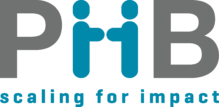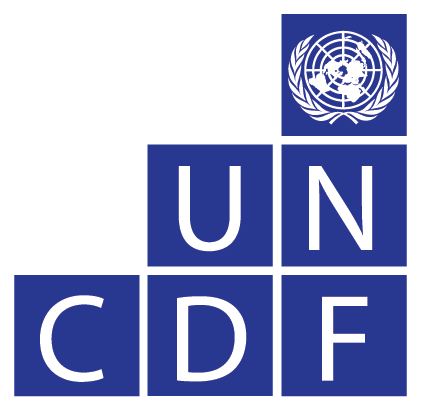
BB Network Development for WMBL, PNG
Women’s Microbank Limited (WMBL) will provide access to financial services to its existing members and other new women members through an extension of the bank’s access points using a branchless banking technology-driven solution. For that purpose, WMBL will use a tablet-based software application linked with a Bluetooth bio-metric identification system.
Context: Women’s Microbank Limited (WMBL) will provide access to financial services to its existing members and other new women members through an extension of the bank’s access points using a branchless banking technology-driven solution. For that purpose, WMBL will use a tablet-based software application linked with a Bluetooth bio-metric identification system.
Objectives: The pilot project involves the set-up of Mama-Bank Access Points (MAPs) across six various locations in the country using a low-cost structure resourced with two staff. The pilot is expected to test the operational feasibility and commercial viability of this new channel and aims to increase the active customer base of WMBL by 150% (from its current 8,000 to 20,000) over the course of 13 months.
Deliverables:
- Develop a robust project plan with timelines and deliverables aligned with the project objectives.
- Develop new and update existing operational policies, processes and procedures to embed the MAPs and the new customer onboarding process in WMBL’s operations.
- Design, test and roll-out of the new customer onboarding process; new pricing for customers using the new channel and performance management metrics and associated incentive structures for staff working at the MAPs.
- Ensure that the project reports on specific metrics (e.g. outreach and usage) as specified by PFIP.
- Undertake qualitative consumer research and product/service refinement using human-centred design principles to assess the relevance as well as the experience of consumers using WMBL’s products/services and identify and assess unmet needs and aspirations of consumers.
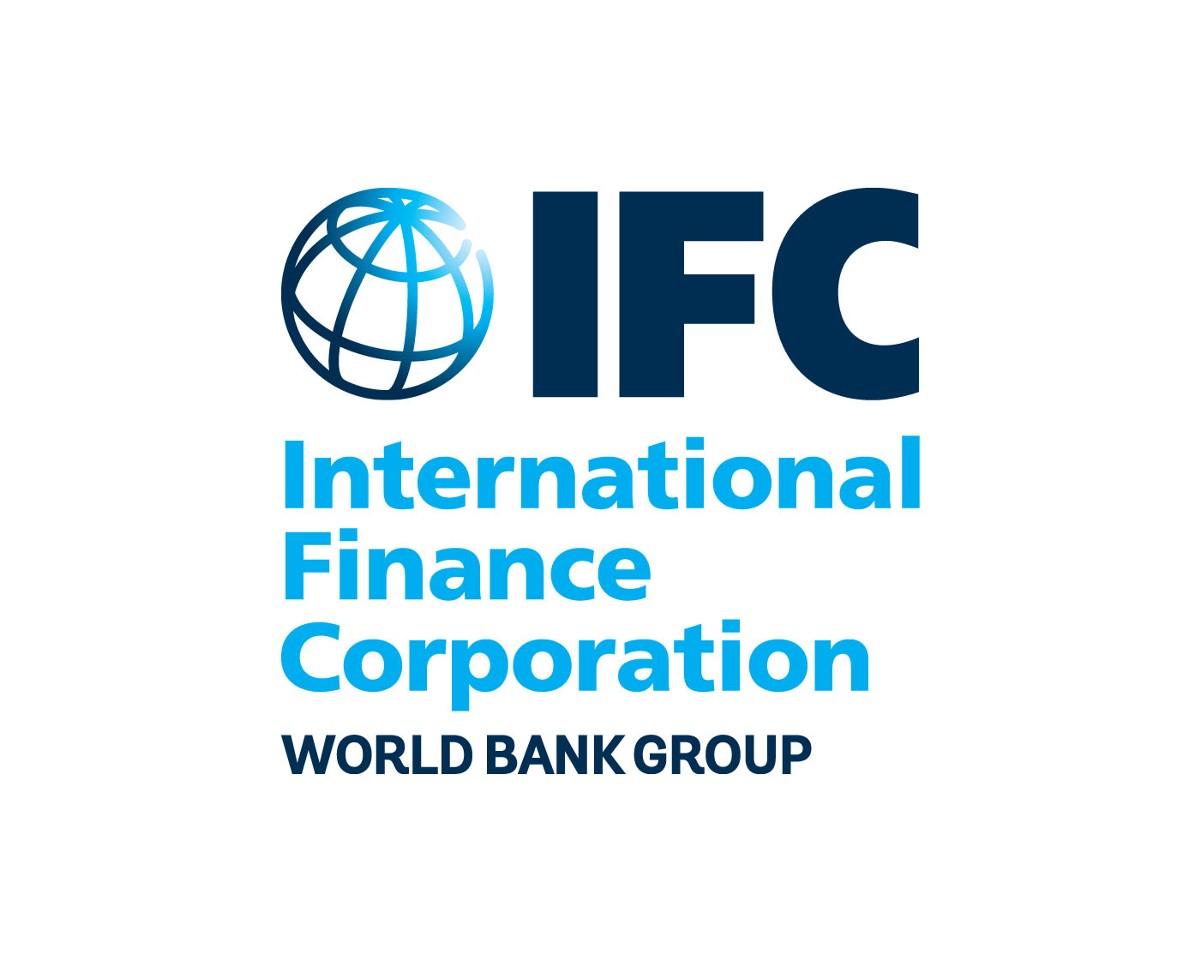
IFC Mobile and Branchless Banking (MB & BB) Program Evaluation – Indonesia
In 2008, IFC wanted to play a catalytic role in the development of a transformational mobile banking model in Indonesia.
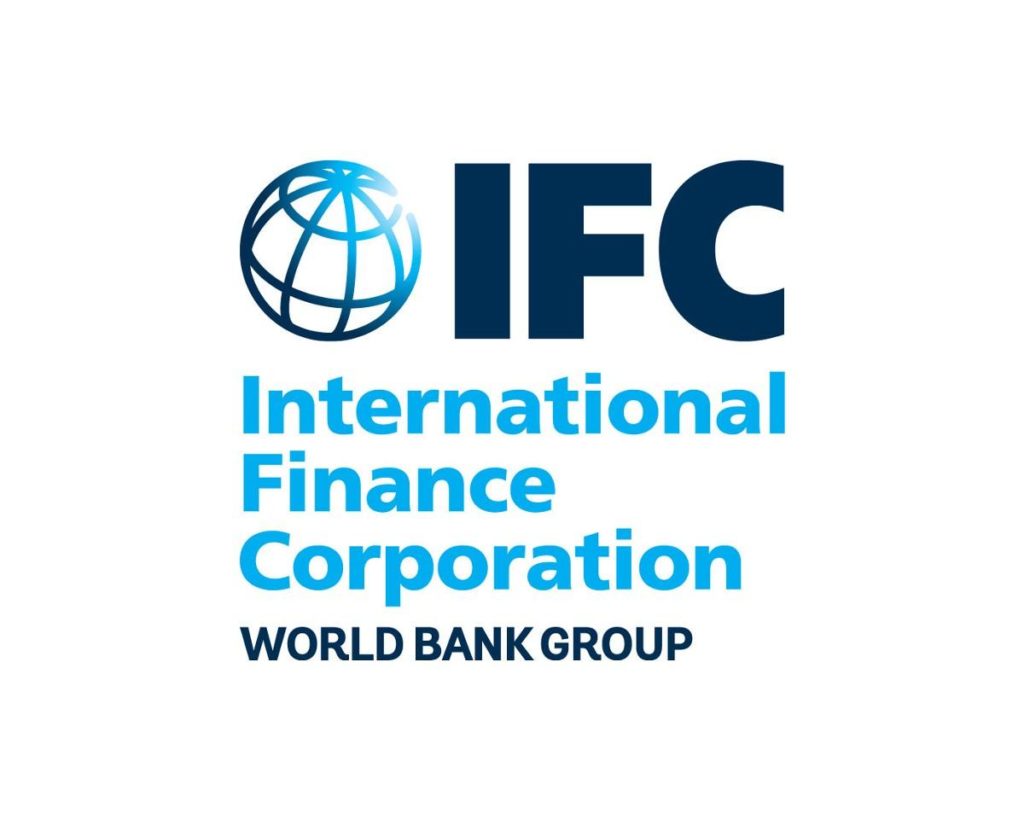
Context: In 2008, IFC wanted to play a catalytic role in the development of a transformational mobile banking model in Indonesia. With a US$ 2m budget, IFC engaged with the Bank of Indonesia (BI) and developed two pilots with Bank Sinar and AXIS, and with Bank Andara.
Objective: Evaluate if the program effectively changed the regulatory environment and demonstrated the business case for improved financial services based on mobile phone technology to the underserved.
Deliverable: Evaluation of the results towards intended outputs, outcomes and impacts of the program; Identification of the lessons learned for IFC continuation in Indonesia and elsewhere in the world.
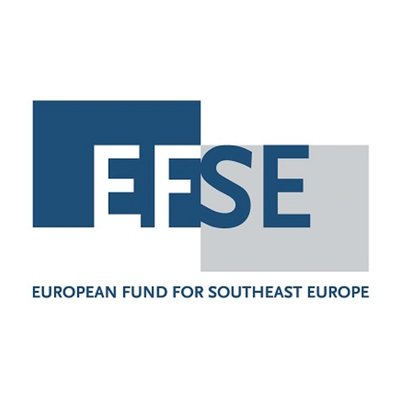
Feasibility of Mobile Money for selected EFSE countries Moldova, Albania, Turkey
The European Fund for Southeast Europe (EFSE) fosters economic development and prosperity by providing loans to microfinance institutions and banks in the region.

Context: The European Fund for Southeast Europe (EFSE) fosters economic development and prosperity by providing loans to microfinance institutions and banks in the region.
Objective: Identify the Partner Lending Institutions who would benefit from branchless banking development assistance.
Deliverables: Diagnosis of the competitive landscape; a strategy to enter the marketplace; and recommendations for adapted technical assistance to the identified partners.
Project Consultant:
Connect with [Consultant] via LinkedIn
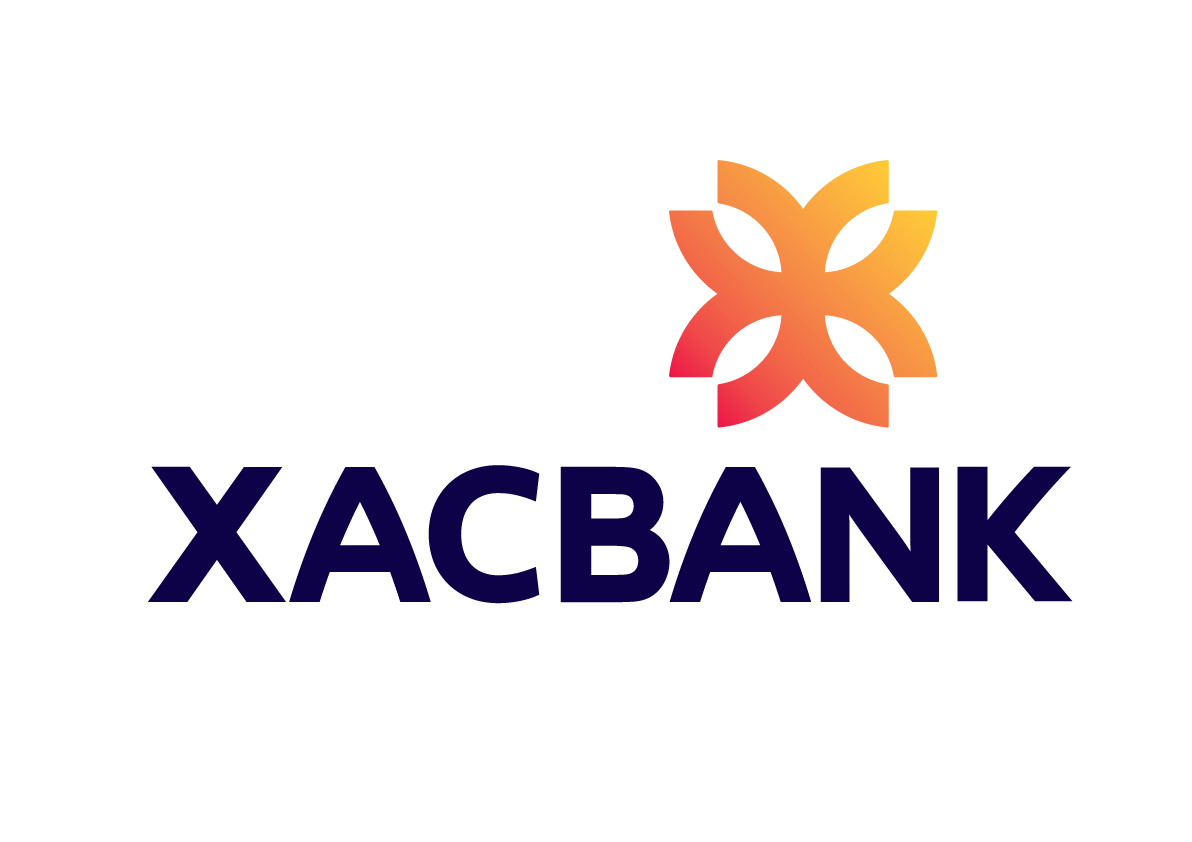
Procurement of Internet banking application for Xacbank in Mongolia
XacBank is a licensed (microfinance) bank in Mongolia. It launched Internet banking in 2005-2006 with a system developed in-house.
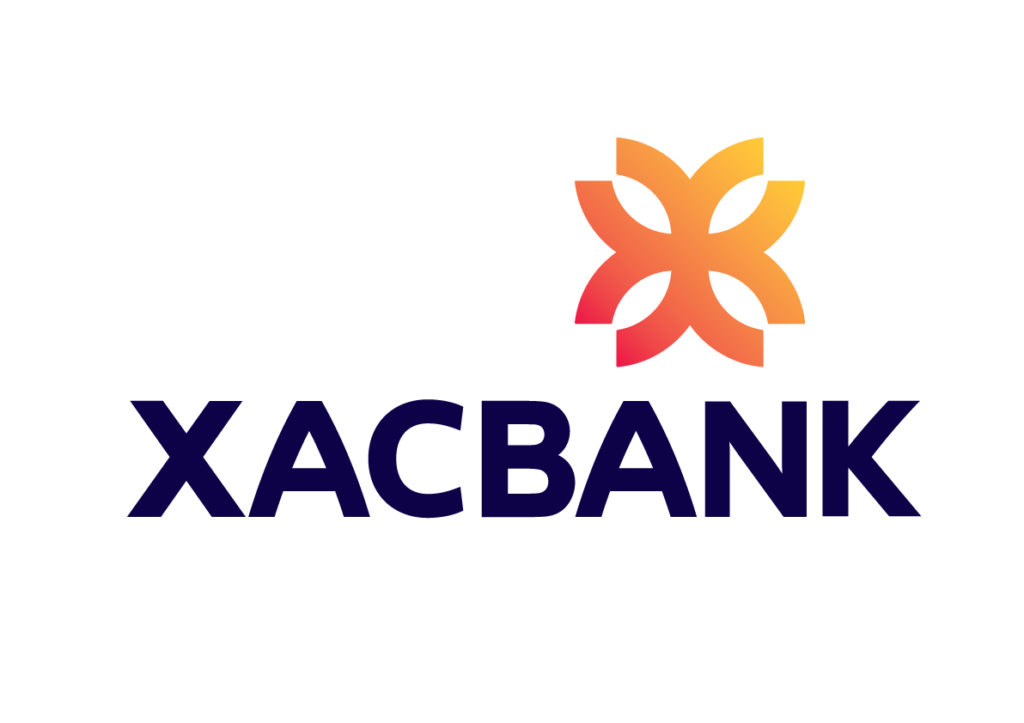
Context: XacBank is a licensed (microfinance) bank in Mongolia. It launched Internet banking in 2005-2006 with a system developed in-house. Currently, about 10,000 clients are using this channel and it wants to procure an application from an (international) provider.
Objective: Assist XacBank in the procurement of a new internet banking system, able to link to its corebank system.
Deliverable: Shortlist of vendors (with contact persons and details); RFP document; RFP bid analysis; summary report.
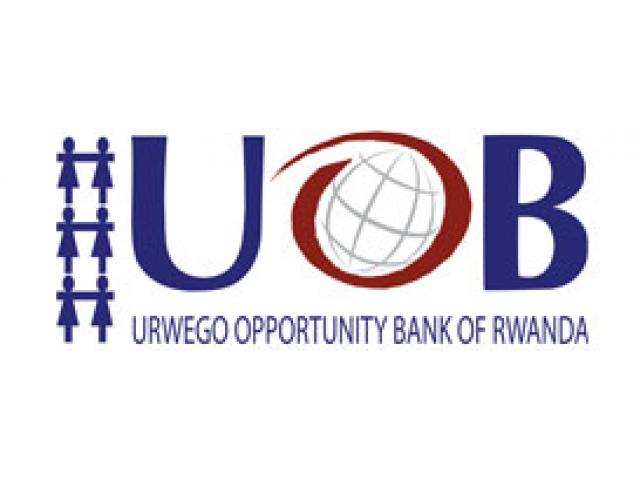
Urwego Opportunity Bank (UOB) Branchless Banking (mHOSE) Evaluation – Rwanda
UOB launched in 2013 mobile and agent (branchless) banking (mHOSE) for its customers to have better access to UOB savings accounts, allow repayments of loans via the mobile phone, and to offer benefits such as a life insurance and the capacity to transfer money and pay bills, using the mVISA platform.

Context: UOB launched in 2013 mobile and agent (branchless) banking (mHOSE) for its customers to have better access to UOB savings accounts, allow repayments of loans via the mobile phone, and to offer benefits such as a life insurance and the capacity to transfer money and pay bills, using the mVISA platform. Triple Jump (TJ) wants to evaluate the effects of branchless banking products on an MFI and its clients so that TJ can use the findings to showcase the benefits and promote the use of branchless banking. UOB’s mHOSE was selected as the MFI to test out the Branchless Banking Diagnostic Tool that was developed by PHB in consultation with TJ.
Objective: The objective was to evaluate the effects of branchless banking (BB) for the MFI: Cost of implementation and service delivery; Operational efficiency gains and safety of staff and cash; Rural outreach and clients satisfaction; Portfolio quality and profitability The other objective for the clients: Cost of accessing products and services; Service quality and customer satisfaction; Social and financial inclusion
Deliverables: Designing the Evaluation matrix and the Diagnostic Tool (for the MFI and for clients); Data collection on the indicators listed in the matrix. Methods used were data mining based on the MIS, interviews with management and staff, focus group discussions and a telephone survey (with 400 clients); Analysis of outputs and results, including the completing the Diagnostic Tool; Formulation of recommendations to improve mHOSE and a prioritization, In close cooperation with UOB; Writing of the detailed case-study and the executive summary (for an article to be published).

Roll-out of e-Zwich in rural areas – branchless banking in Ghana
Ghana Interbank Payment and Settlement Systems developed e-zwich, a smart card payment system to increase financial inclusion in rural areas.

Context: Ghana Interbank Payment and Settlement Systems developed e-zwich, a smart card payment system to increase financial inclusion in rural areas.
Objective: Re-position e-zwich on the market and define the role of the banks and merchants in the value chain.
Deliverables: The defined strategy has been implemented and piloted in one region; based on the results, the approach will be rolled-out nationally.
